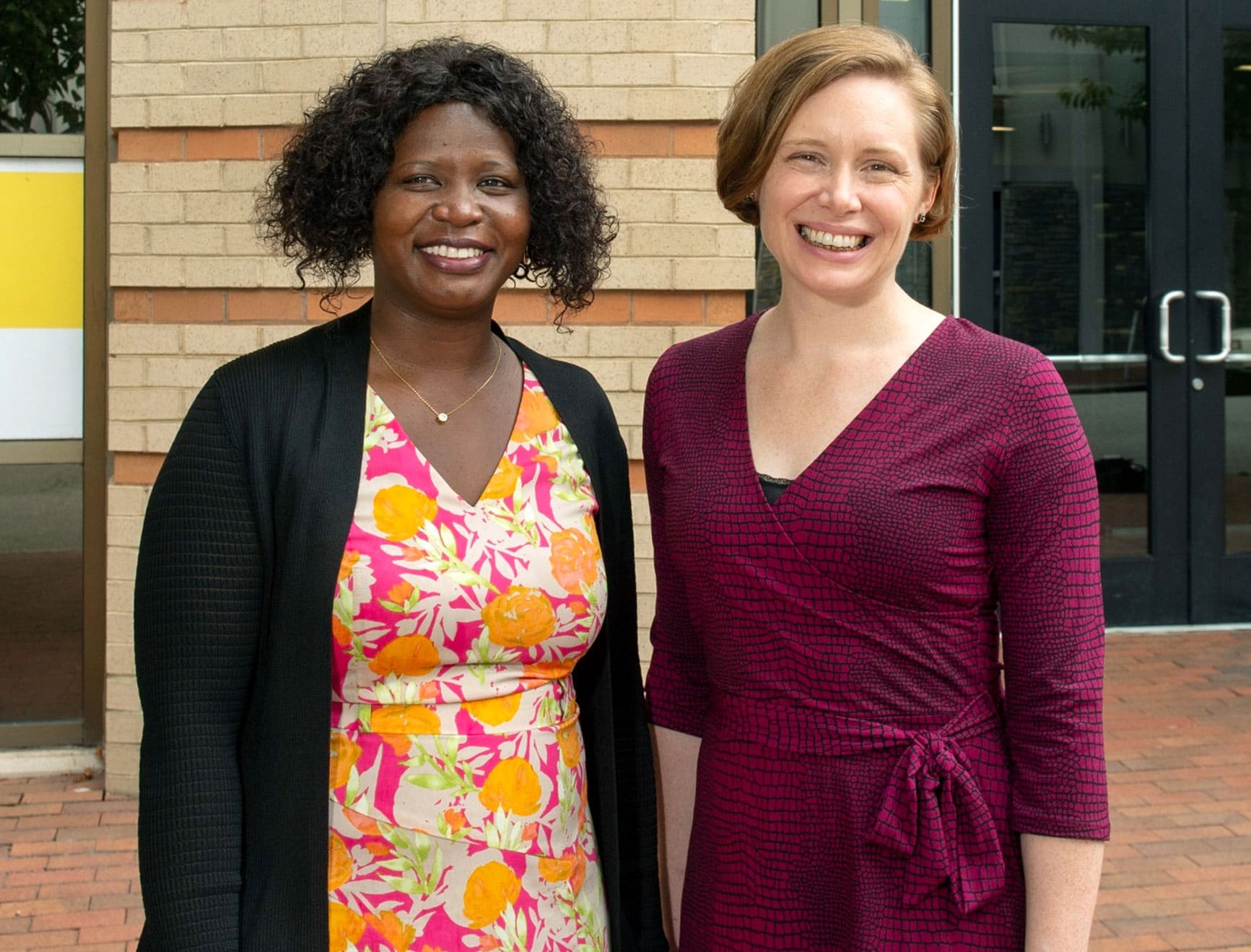Virginia Commonwealth University
Annual Report 2020-2021
Tackling the opioid crisis

During the pandemic, substance use disorders surged and the opioid crisis continued to worsen. In some places, the treatments and research that could help those patients were put on hold. But not at VCU’s Multidisciplinary Outpatient Addiction Treatment (MOTIVATE) Clinic.
Since opening in April 2017, MOTIVATE has provided integrated care to more than 400 patients each month. The clinic offers medication and counseling, and seeks to address the medical and environmental causes of the patient’s substance use disorder.
The clinic has expanded to meet the growing need, bringing options to patients across central Virginia. In 2021, VCU Health formed its new Virtual Bridge Clinic, using telehealth services to create an immediate support network for those experiencing an overdose or withdrawal. Led by Brandon Wills, D.O., associate professor in the VCU Department of Emergency Medicine, the clinic strengthened the link between the emergency department and treatment programs for patients with opioid use disorder.
Patients also have access to clinician-researchers who are approaching the issue from a range of disciplines. Researchers are exploring medication and therapy, the intersection of psychiatric conditions and substance use, the effects of chronic opioid use on gut bacteria, and even medication storage.
One of those researchers is Caitlin Martin, M.D., an obstetrician-gynecologist at VCU Health and an assistant professor at VCU School of Medicine. Martin helped establish OB MOTIVATE, a program that specializes in gender-informed approaches to addiction medicine.
Every person is different, and everyone’s road to recovery can look different. Our work will continue to illuminate that road for our patients.
“Not many academic medical centers have a dedicated addiction medicine clinic like we do,” Martin said. “The idea of it being integrated within a health system, let alone an academic health system, let alone a health system where there's a number of specialties, where we all can work together under one roof, was a huge draw to me.”
Martin noted that sex and gender differences are often under-studied in addiction research. More data on treatment variables would be valuable, especially for integrating medication into the treatment.
In April, she received a five-year, $1 million grant from the National Institute on Drug Abuse to pursue some of her research questions, particularly when it comes to opioid use disorder and postpartum people.
“We know that everyone reaches recovery in a different way,” Martin said. “Every person is different, and everyone’s road to recovery can look different. Our work will continue to illuminate that road for our patients.”